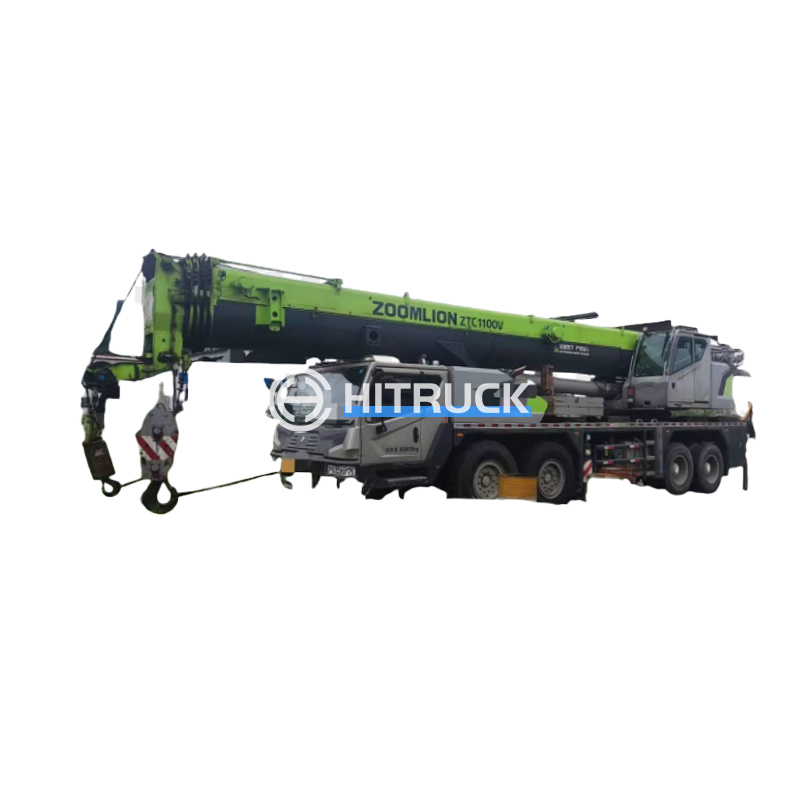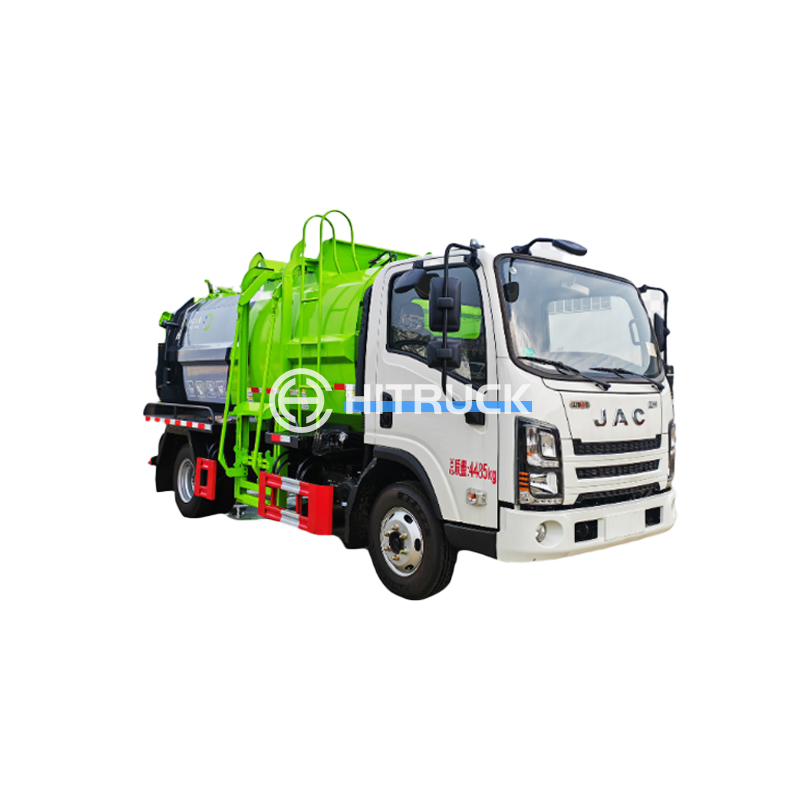This guide provides a comprehensive overview of wastewater tankers, helping you understand their various types, applications, and considerations for purchase or rental. We'll cover key factors like capacity, materials, features, and maintenance to ensure you make the best decision for your specific needs. Find the perfect wastewater tanker for your project by exploring the different options available on the market.
Wastewater tankers come in a variety of sizes and configurations, each designed for specific applications. Common types include:
The choice between these types depends heavily on the specific wastewater handling needs. For instance, a construction site might benefit from a robust vacuum tanker, while a municipal wastewater treatment plant might require a high-capacity pressure tanker.
Wastewater tankers are essential equipment across various industries, including:
Understanding the intended use is crucial in determining the appropriate size, capacity, and features of your wastewater tanker. The right choice ensures efficient and compliant waste management.
The capacity of the wastewater tanker should align with your expected volume needs. Consider peak demand and future growth to avoid undersizing. Larger tankers offer increased efficiency for high-volume applications, but require more space and potentially higher operating costs.
The materials used in the construction of a wastewater tanker significantly affect its durability, corrosion resistance, and lifespan. Common materials include stainless steel, aluminum, and reinforced fiberglass. Each material offers unique advantages and disadvantages regarding cost, maintenance, and chemical compatibility. Stainless steel, for example, provides excellent corrosion resistance, but it's generally more expensive than other options.
Modern wastewater tankers often incorporate advanced features, such as:
These features enhance safety, efficiency, and operational convenience.
Regular maintenance is crucial to extend the lifespan of your wastewater tanker and ensure safe operation. This includes regular inspections, cleaning, and repairs as needed. A well-maintained tanker operates efficiently and minimizes downtime.
Operation of wastewater tankers is subject to various regulations depending on the location and the type of wastewater handled. It's important to familiarize yourself with these regulations and ensure your operations are compliant to avoid penalties.
Choosing a reputable supplier is crucial. Consider factors like experience, customer support, and the availability of parts and service. For high-quality wastewater tankers and exceptional customer service, consider exploring options from reputable suppliers in your area. You can also check online directories and review platforms to find a trusted supplier. For a wide selection of heavy-duty trucks and related equipment, visit Suizhou Haicang Automobile sales Co., LTD at https://www.hitruckmall.com/. They offer a wide range of options to meet diverse needs.
| Feature | Vacuum Tanker | Pressure Tanker |
|---|---|---|
| Suction Method | Vacuum | Pressure |
| Ideal for | Septic tanks, sewers | High-volume transfer |
| Efficiency | High for low-volume, viscous waste | High for high-volume, less viscous waste |
Remember to always prioritize safety and comply with all relevant regulations when operating a wastewater tanker.












